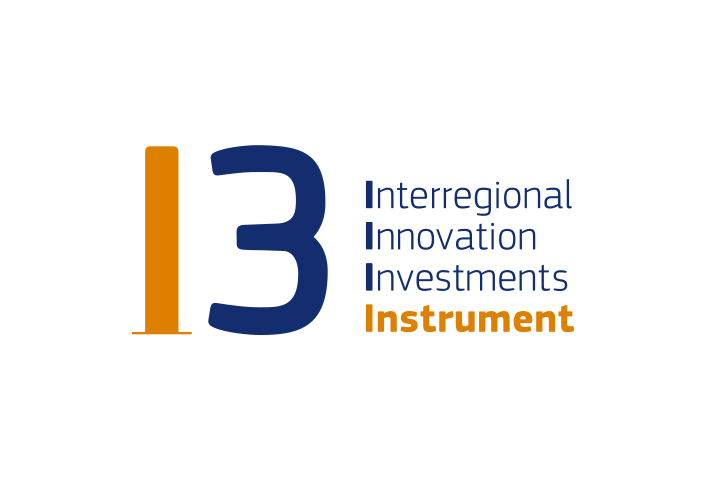
FITT-NESS – Fostering Innovation & the Twin Transition for iNclusive EnvironmentS and Smart homes
Project E-mail: info@ceipes.org
Objectives
The project aims to:
Reinforce and support the SMEs in the furniture sector to identify investment portfolios at an interregional scale, by building the capacity of the innovation intermediaries (clusters) of 2 less developed regional innovation ecosystems in innovative areas such as smart homes, age-friendly environments and green/eco-houses, while promoting transversally their twin transition.
At the specific objectives of the project:
- Conduct comprehensive mapping and analysis of the capabilities, market trends, challenges, opportunities and barriers of the furniture sector in the 4 regional innovation ecosystems, to create comparative assessment, benchmarking opportunities and informed decision-making tools.
- Develop a more skilled workforce, building concrete capacities on business and investment planning, by involving SMEs in the specific value chain of smart homes and inclusive environments, by delivering tailored training, skill development, and knowledge transfer activities to increase their competitiveness with a special focus on the digital and green transition.
- Deliver comprehensive advisory and business support services to innovation intermediaries, tailored to the unique needs of SMEs in the living environment sector, through coordinated and interlinked investments.
- Support the 3 less developed/outermost S3 regions in building and enhancing their innovation ecosystems, based on a quadruple-helix stakeholders’ approach and their collaboration to further upscale project results.
- Establish a robust transnational community, enabling feedback loops for networking, experience sharing and good practices elicitation, and facilitate targeted outreach efforts, with a well-defined long- term partnership strategy, ensuring the sustainability and effective policy impact.
Activities
The project will engage in the following activities:
Ecosystem Building, Mapping, and Needs Assessment
- Identify and map the primary challenges and opportunities within the Smart Specialization Strategy (S3) roadmap for each region.
- Establish FITT-NESS Communities in each of the four target regions, creating local or regional ecosystems that involve diverse stakeholders such as citizens, public authorities, SMEs, NGOs, research entities, and other business actors.
- Formally organize FITT-NESS Communities, ensuring consistent engagement with a spokesperson and a coordination group that represents the quadruple-helix of actors (government, academia, industry, and civil society).
Capacity Building, Training, and Networking
- Directly support SMEs and their innovation intermediaries by setting up tailored capacity-building activities to address specific regional and sectoral needs.
- Provide training, advisory, and business services aimed at enhancing skills, knowledge, and strategic capabilities within SMEs.
- Conduct pilot initiatives to test approaches, while fostering dialogue among stakeholders to promote collaboration and strengthen ecosystem partnerships.
New Governance and Sustainability
- Develop new governance models and activate synergies to improve stakeholder participation and project sustainability.
- Create a catalogue of governance models and benchmarks to support sustainable practices, including policy recommendations aimed at long-term impact and scalability.
Results
The project has yielded the following results:
Increased Innovative Capacity:
- SMEs will gain a stronger capacity for innovation, leading to the development of mature business cases and the formation of new interregional investments and business opportunities.
- Enhanced capability among SMEs to participate in interregional innovation projects.
Broader Policy Integration and Societal Impact:
- Greater integration of policy measures will have visible, positive effects on economic sustainability and address key societal challenges.
Adaptable and Skilled Workforce:
- The workforce in the furniture sector will demonstrate higher adaptability, contributing to improved performance and resilience within the sector.
SME Growth and Job Creation:
- SMEs will experience sustained growth, creating new jobs and establishing solid, innovative, and responsible business models that are aligned with green and digital transitions.
Mature and Sustainable Innovation Ecosystems:
- The project will foster a more mature ecosystem with enhanced innovation, knowledge exchange, and deeper policy influence that continues beyond the project’s duration.
- New, targeted measures will be implemented to further increase the innovation capacity of these ecosystems, positioning them for successful participation in future interregional innovation projects.








